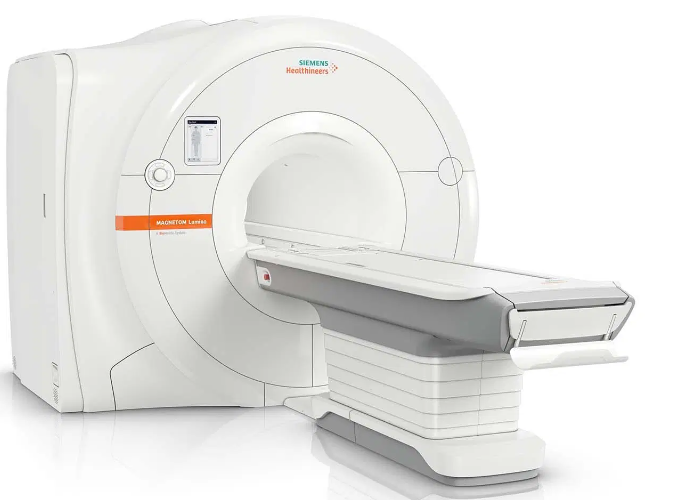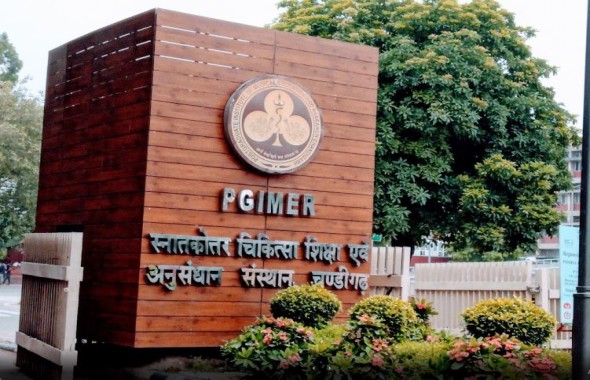PGIMER inaugurates a cutting-edge 3 Tesla MRI equipment for improved imaging and patient comfort.
A brand-new Whole Body 3.0 Tesla MRI machine has been unveiled by the Department of Radiodiagnosis and Imaging at the Post Graduate Institute of Medical Education and Research (PGIMER) in Chandigarh, India. This machine is equipped with state-of-the-art hardware and software that is intended to deliver advanced imaging capabilities for a variety of clinical specialties. The device is the most recent model of the most cutting-edge 3 Tesla MRI scanner available anywhere in the world, and it was unveiled by Union Secretary of Health and Family Welfare Rajesh Bhushan.
The new machine, according to Prof. Vivek Lal, Director of PGIMER, will help shorten the lengthy waitlist for MRI appointments at the facility, while Prof. M. S. Sandhu, Head of the Department of Radiodiagnosis, claimed that the potent hardware combined with advanced applications (software) based on artificial intelligence will improve diagnosis and treatment planning for all clinical specialties at the hospital.
The 3 Tesla MRI machine can provide clear, vivid images of the human body because it has a magnetic field twice as strong as the typical 1.5 Tesla MRI equipment. The device is perfect for imaging the brain’s vascular system, musculoskeletal system, tiny bones, and brain function. The machine also includes a ‘Quiet Suite’ for up to 96% noise reduction while scanning, wide bore and in-bore lighting for a more comfortable patient experience, biomatrix technology for improved patient scanning, and wide bore and in-bore illumination.
The device has advanced imaging capabilities for all bodily areas, including automated liver volumetry, high-resolution brain tractography, functional MRI, spectroscopy, perfusion MRI, 4D flow measures, liver elastography, and fat quantification, among others. The advanced MRI imaging capability on the new machine, according to Prof. Paramjeet Singh, will provide early insights for cancer detection and characterization, epilepsy and seizure disorders, sports injuries and rehabilitation, liver, pancreas, kidney, intestinal, and other abdominal disorders, spine anomalies, nerve compressions, white matter anomalies in the brain, neonatal and paediatric disorders, cardiac morphology and viability, and whole body screening.
The device is anticipated to considerably enhance the institute’s patient care offerings by offering better diagnosis and treatment planning for a range of clinical specialties.























